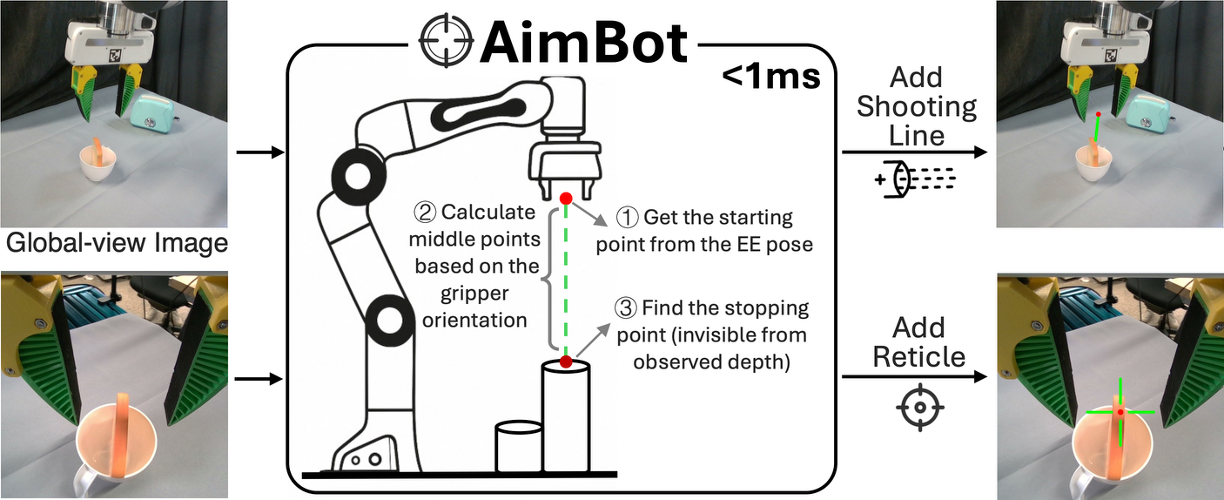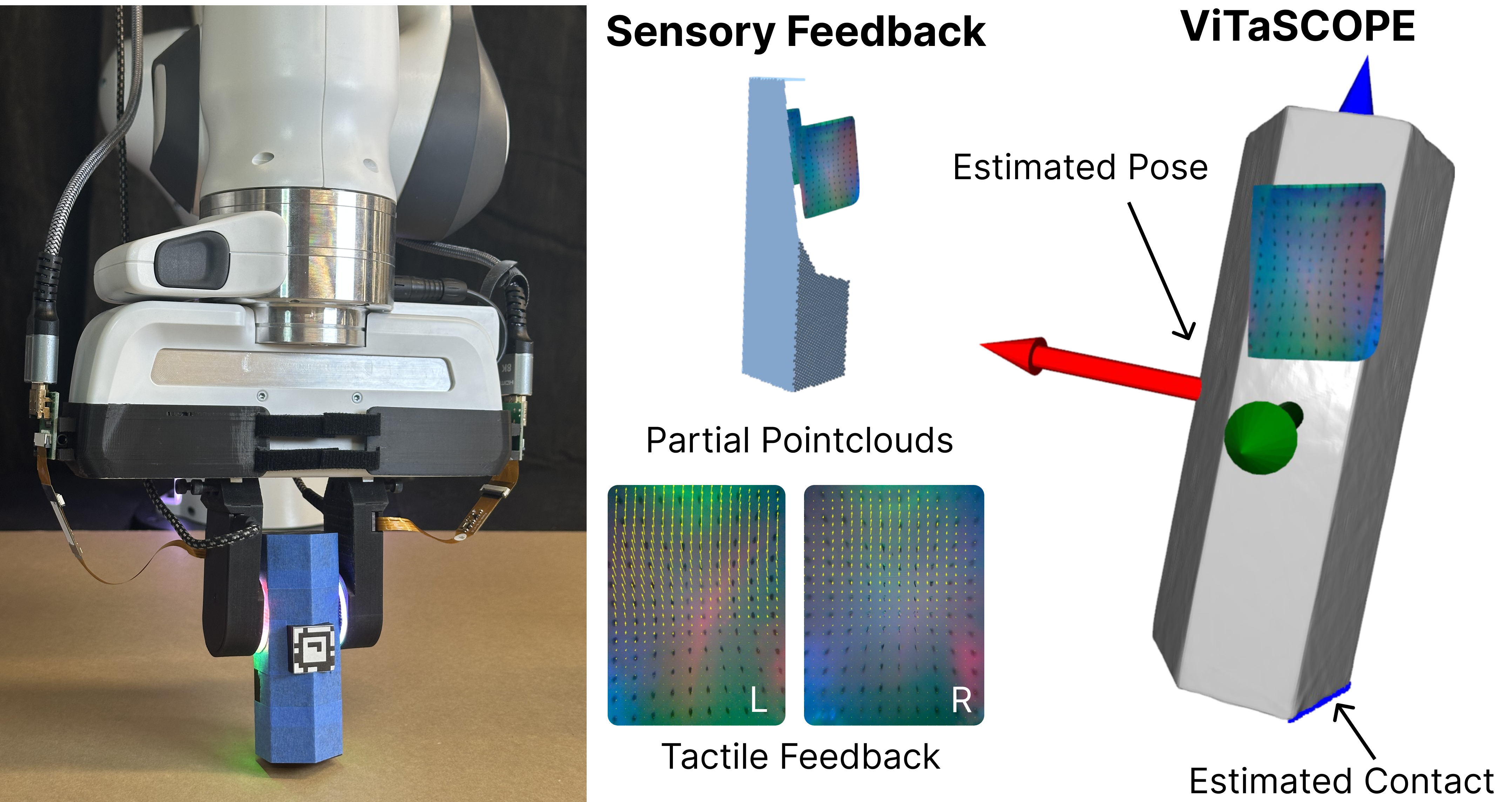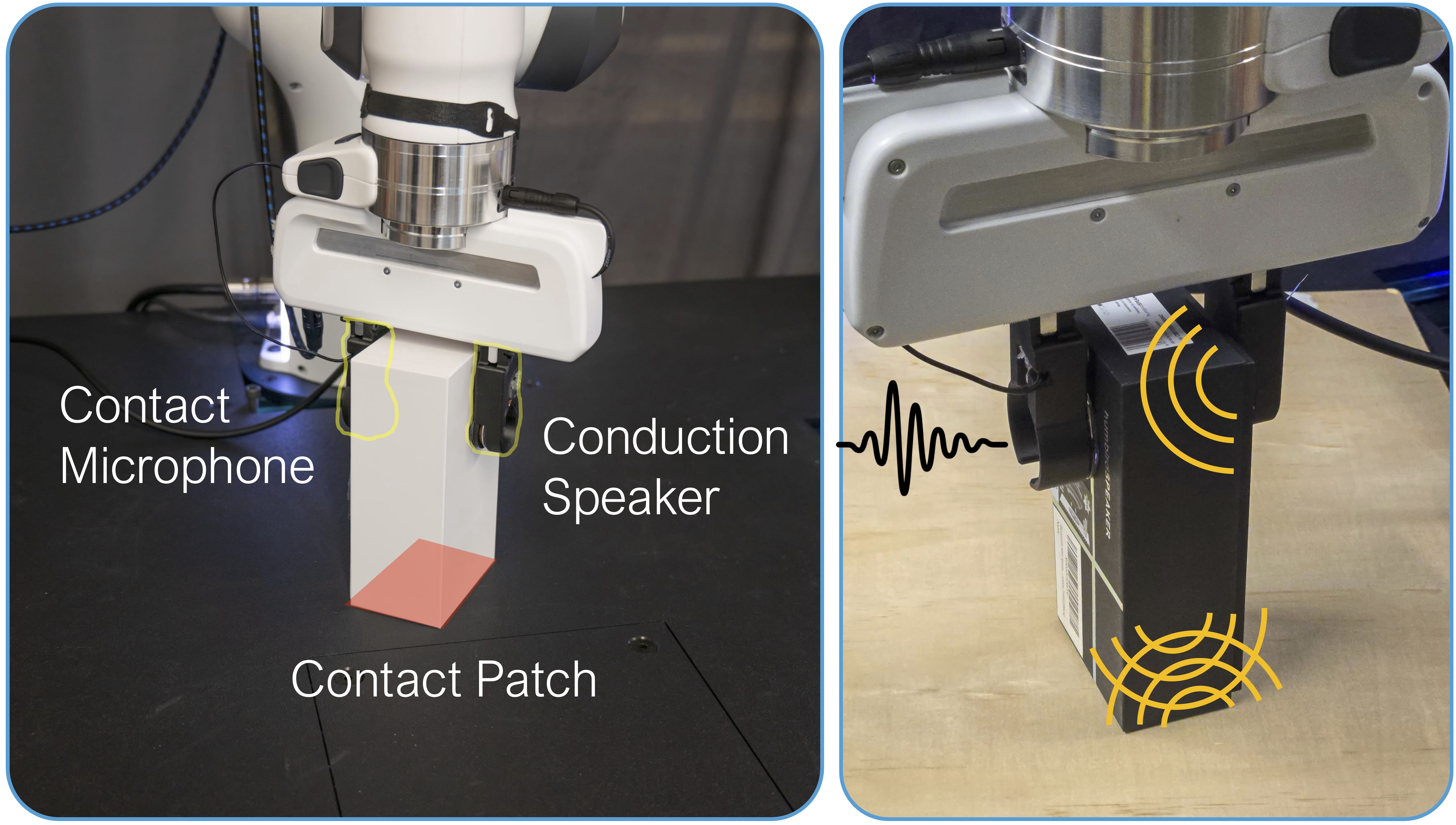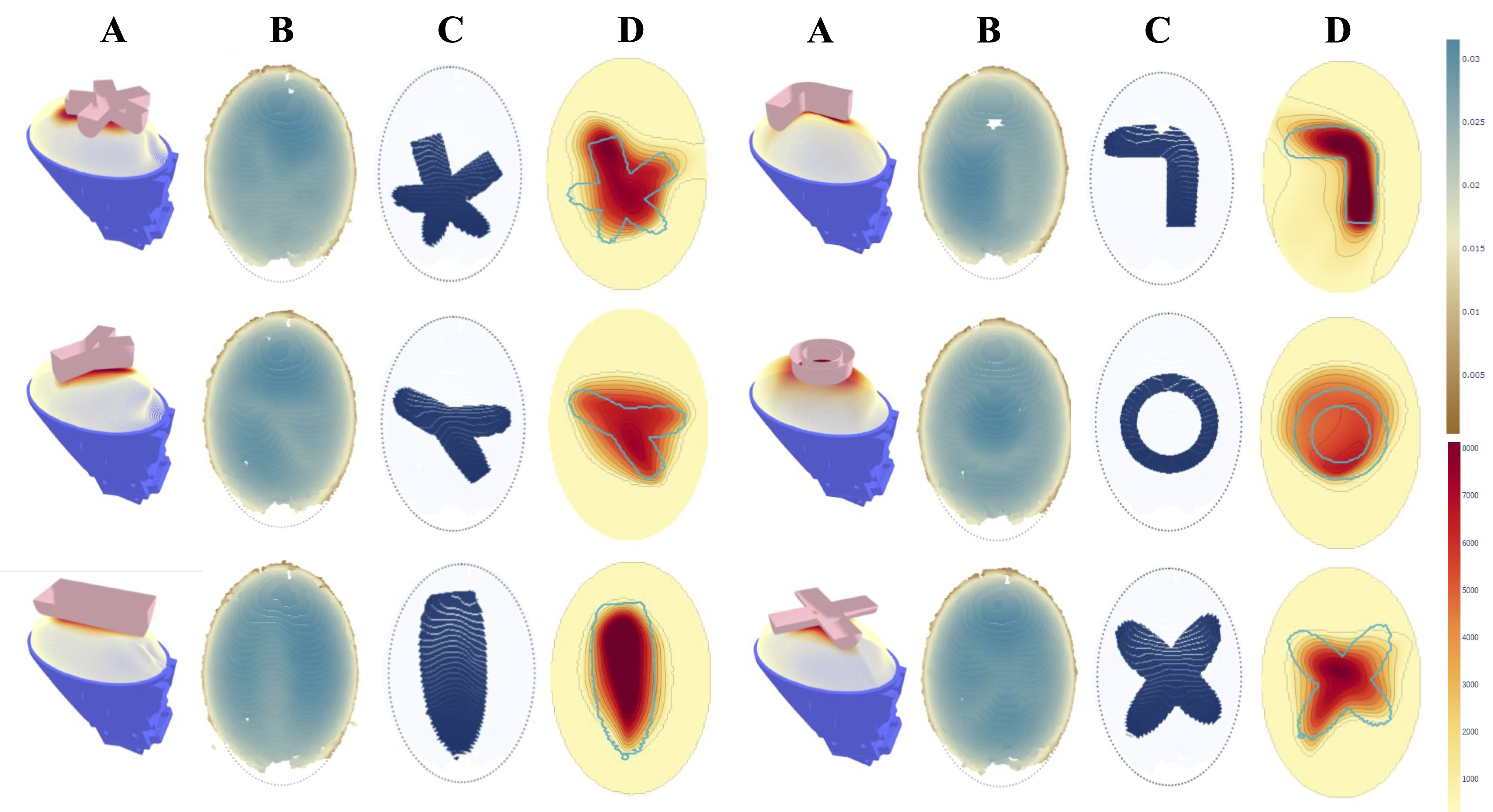Jayjun Lee
Welcome! I'm a PhD student in Robotics at the University of Michigan. I'm fortunate to be advised by Professor Nima Fazeli and to be a member of the Manipulation and Machine Intelligence (MMINT) Lab. My research focuses on Robot Learning – developing algorithms for robots to perceive and interact with the physical world. These days I'm interested in multi-modal (i.e. vision, tactile, F/T, language, audio) perception and learning representations to acquire contact- and force-rich manipulation skills.
Jayjun Lee is a 2nd Year MS Robotics student at the University of Michigan – Ann Arbor, working in the Manipulation and Machine Intelligance (MMINT) Lab. Previously, he worked with Prof. Joyce Chai in the Situated Language and Embodied Dialogue (SLED) Lab. He received his Bachelors in Electronic and Information Engineering at Imperial College London, where he was advised by Prof. Ad Spiers in the Manipulation and Touch Lab. He is broadly interested in robot learning, robotic manipulation, and spatial intelligence.
Formal Bio Github Google Scholar Twitter
Email: jayjun [at] umich [dot] edu
Sep. 2025
I'm co-organizing Human-to-Robot workshop at CoRL 2025!Aug. 2025
AimBot is accepted to CoRL 2025 in Seoul, Korea!Apr. 2025
ViTaSCOPE is accepted to RSS 2025 in Los Angeles!Jan. 2025
RACER is accepted to ICRA 2025 in Atlanta!Jan. 2025
COMFORT is accepted to ICLR 2025 in Singapore!Oct. 2024
RACER won the Best Overall Award at UM AI Symposium 2024!Sep. 2024
NISP is accepted to CoRL 2024 in Munich, Germany!
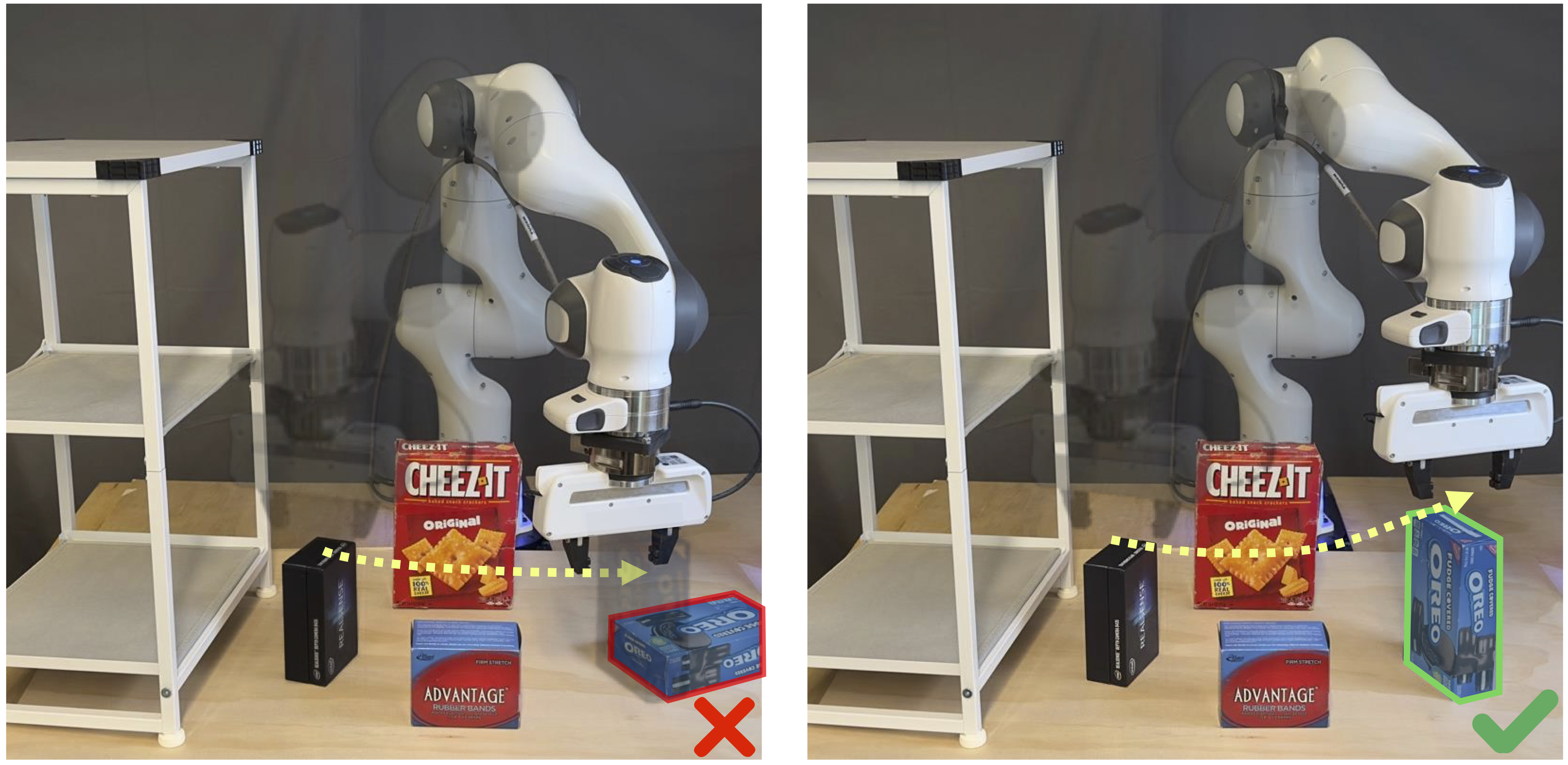
RACER: Rich Language-guided Failure Recovery Policies for Imitation Learning
*,
*,
, and
★ Best Overall Award @ UM AI Symposium 2024 ★
The 3rd Workshop on Language and Robot Learning (LangRob) @ CoRL 2024
International Conference on Robotics and Automation (ICRA) 2025
Webpage •
Paper •
Code
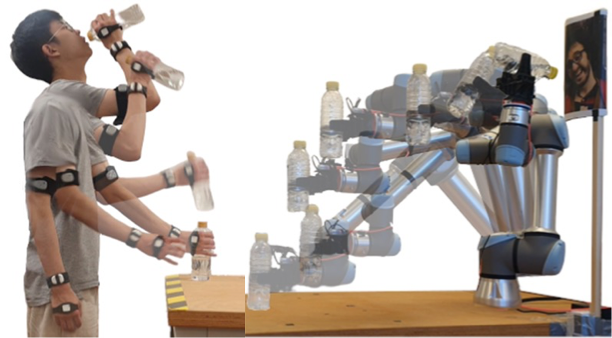
Naturalistic Robot Arm Trajectory Generation via Representation Learning
and Adam Spiers
UK-RAS Towards Autonomous Robotic Systems (TAROS) 2023
PDF
